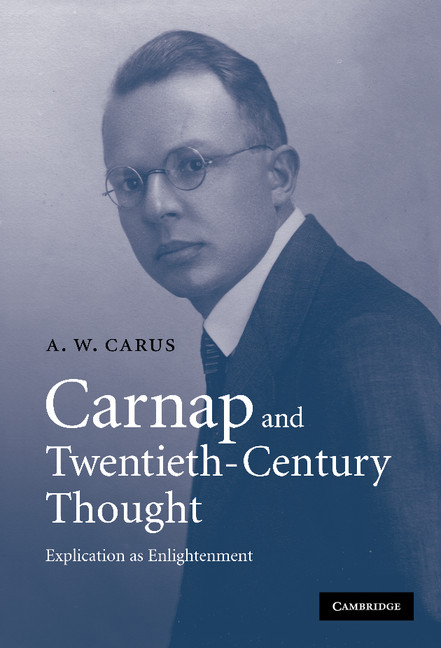The Philosophical Project of Carnap and Quine
Rudolf Carnap (1891–1970) and W. V. O Quine (1908–2000) have long been seen as key figures of analytic philosophy who are opposed to each other, due in no small part to their famed debate over the analytic/synthetic distinction. This volume of new essays assembles for the first time a number of scholars of the history of analytic philosophy who see Carnap and Quine as figures largely sympathetic to each other in their philosophical views. The essays acknowledge the differences which exist, but through their emphasis on Carnap and Quine's shared assumption about how philosophy should be done-that philosophy should be complementary to and continuous with the natural and mathematical sciences-our understanding of how they diverge is also deepened. This volume reshapes our understanding not only of Carnap and Quine, but of the history of analytic philosophy generally.
- Collects for the first time the work of a number of Carnap/Quine scholars who view these figures as largely sympathetic to each other rather than as in opposition
- Presents Carnap and Quine's views in their philosophical and historical context
- Presents many of Carnap and Quine's more technical positions in a readily accessible form
Product details
February 2023Hardback
9781108494243
288 pages
235 × 155 × 21 mm
0.61kg
Available
Table of Contents
- Part I. Carnap, Quine, and Logical Empiricism:
- 1. Carnap and Quine: first encounters (1933–1936) Sander Verhaegh
- 2. On Quine's guess about Neurath's influence on Carnap's Aufbau Thomas Uebel
- 3. Frameworks, paradigms, and conceptual schemes: blurring the boundaries between realism and anti-realism Sean Morris
- Part II. Carnap, Quine, and American Pragmatism:
- 4. Pragmatism in Carnap and Quine: affinity or disparity? Yemima Ben-Menahem
- 5. Objectivity socialized James Pearson
- 6. Whose dogmas of empiricism? Lydia Patton
- Part III. Carnap and Quine on Logic, Language, and Translation:
- 7. Reading Quine's claim that Carnap's term 'Semantical Rule' is meaningless Gary Ebbs
- 8. What does translation translate? Quine, Carnap, and the emergence of indeterminacy Paul A. Roth
- 9. Quine and Wittgenstein on the indeterminacy of translation Andrew Lugg
- 10. Turning point: Quine's indeterminacy of translation at middle age Richard Creath
- Part IV. Carnap and Quine on Ontology and Metaphysics:
- 11. Carnap and Quine on ontology and categories Roberta Ballarin
- 12. Carnap and Quine on the status of ontology: the role of the principle of tolerance Peter Hylton
- 13. Carnap, Quine, and Williamson: Metaphysics, semantics, and science Gary Kemp
- Bibliography
- Index.







